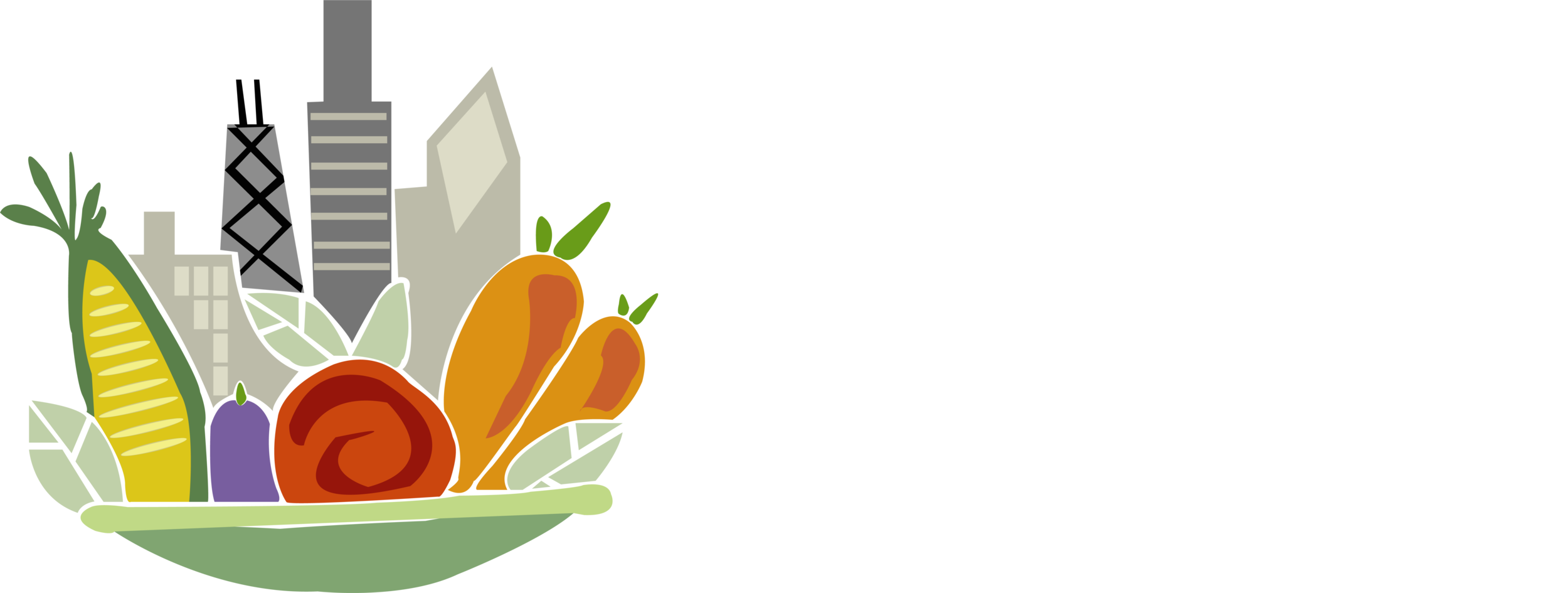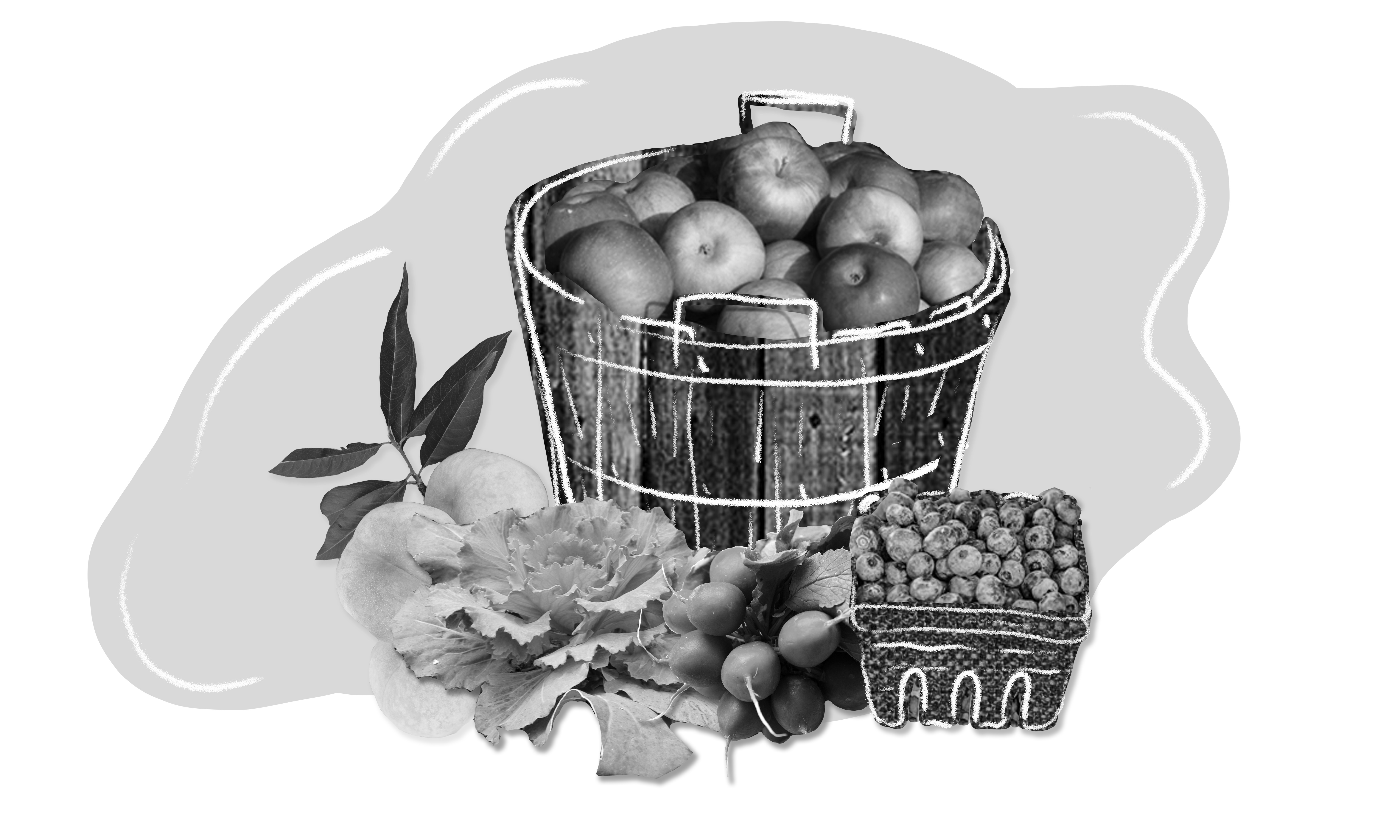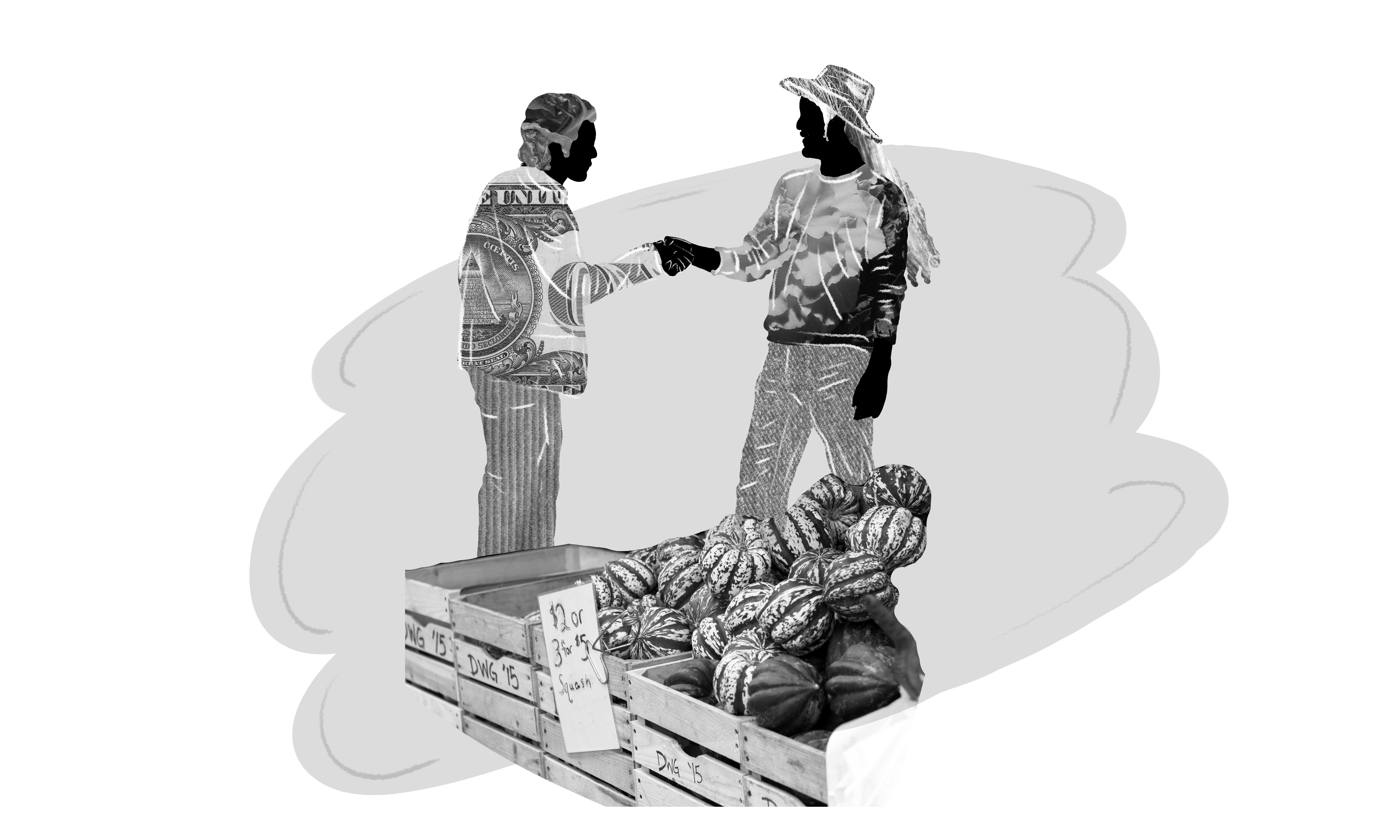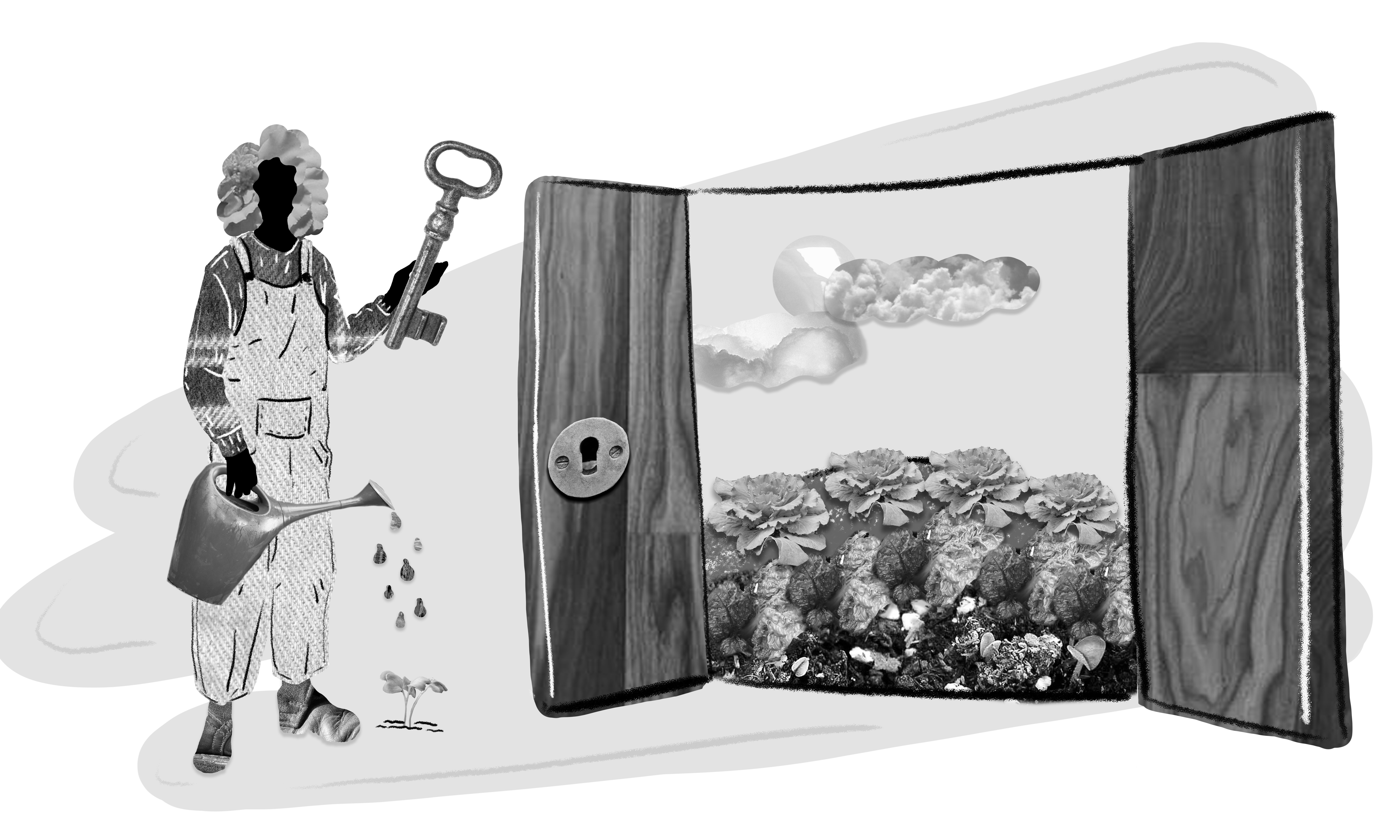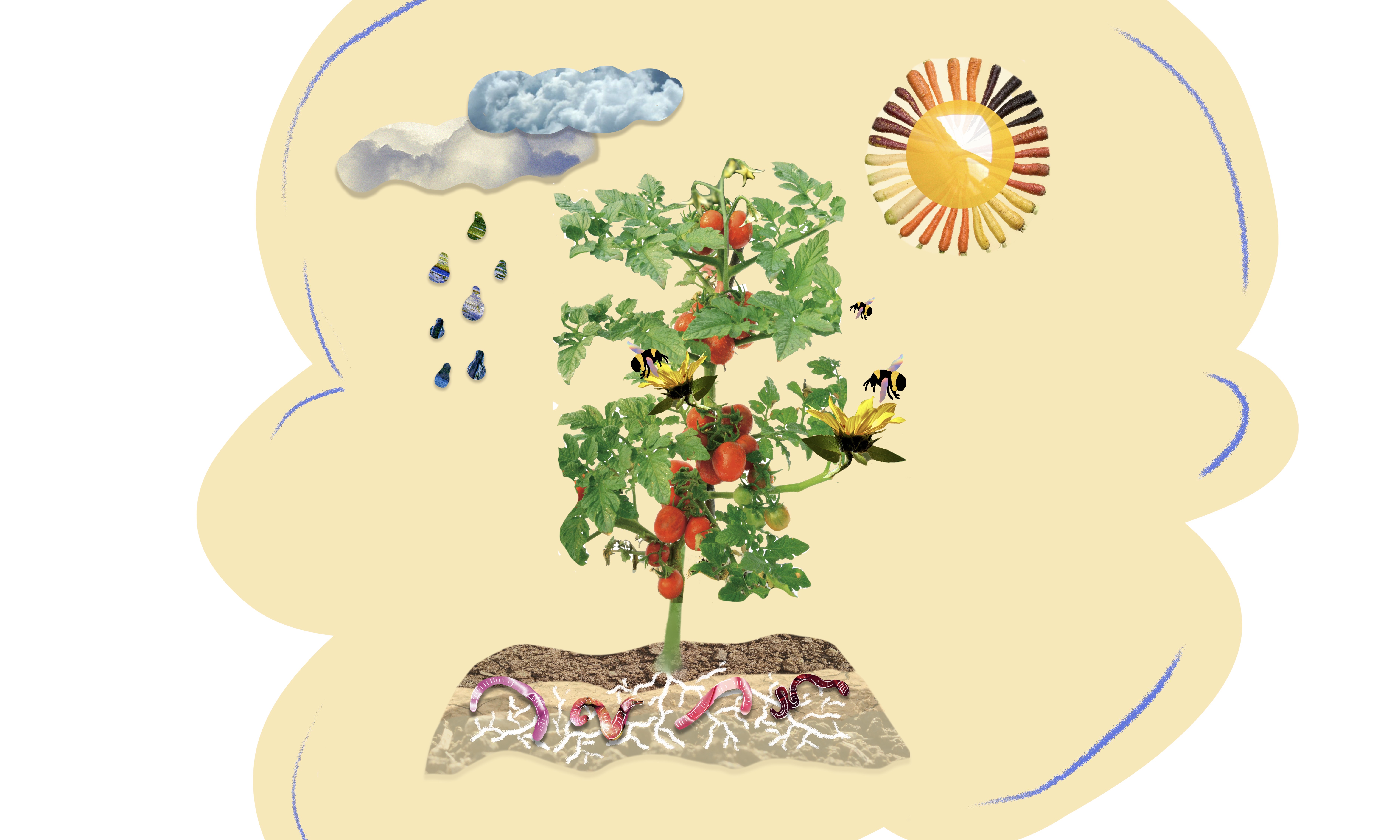Advocates for Urban Agriculture’s Grown in Chicago tool supports farmers with making decisions about agricultural practices and certifications
Compeer Financial’s Emerging Markets Team provides education, events, ag financing services, and resources for small farmers in IL, MN, and WI.
Fearless Farm Finances by Jody Padgham, Craig Chase, and Paul Dietmann, published in 2017 by MOSES Organic, is the gold standard for managing your farm finances.
Fearless Farm Finances (online course): Based on the book, this free self-directed course was developed by Midwest Organic and Sustainable Education Services (MOSES) and includes videos, worksheets, and exercises.
Financial Risk Management for Specialty Crop Farmers was written by experienced local farmers and published by The Land Connection in 2020. In addition to covering financial planning, the book addresses skills and strategies for accessing capital; considerations for accessing land; crop insurance products; basic business management practices; and strategic planning. Also available as an online course.
Food Finance Institute at the University of Wisconsin has a mission to make sophisticated financial technical assistance available to every growing food, beverage, and value-added farm enterprise. Access their network of trained consultants, listen to the Edible Alpha podcast, attend a training or bootcamp. Primarily for experienced businesses looking to expand.
Guide to Market Channel Selection was written by Matthew LeRoux and published by Cornell Cooperative Extension in 2010. This guide reviews market channel characteristics and supports decision-making strategies for new farmers.
Iowa State University Extension Ag Decision Maker shares extensive information to help farmers make decisions. The business development marketing section covers topics such as setting prices, conducting market research, direct marketing (including sales to institutions), promotion and branding.
MarketReady Producer Training Program from University of Kentucky: MarketReady seeks to educate food suppliers about how to succeed in today's markets - in order to keep farming. The training modules include information on packaging, pricing, insurance, marketing, and more. MarketReady will help farm vendors selling dairy, fruits, vegetables, meats, value-added products, and more create a successful business strategy.
Michigan State University’s Market Channel Selection Tool from the Center for Regional Food Systems (2017). Covers considerations when choosing a market channel and walks you through a self-assessment to help you determine which types of markets would be best for you and your farm.
NCAT Marketing Tip Sheet Series by Marisa Alcorta, Rex Dufour, and Tammy Hinman; published in 2012. The resource includes 13 tip sheets describing various market channels and considerations associated with each approach to marketing.
USDA Farm Service Agency: FSA’s information and services include farm loan programs, financial management information, organic cost share program, conservation programs, outreach and education, and other initiatives. Learn more about the Illinois USDA Farm Service Agency office here or call them at (217) 241-6600 Ext: 2. The Will-Cook County Farm Service Agency might also be of assistance at (815) 485-0068 ext 2.
Veggie Compass is a free analysis tool developed by the Center for Integrated Agricultural Systems at the University of Wisconsin-Madison. The tool helps farmers understand their cost of production, by product and by market channel. This enables farmers to make strategic decisions to adjust prices, reduce costs, shift market channel focus, reduce or drop unprofitable products, and expand production of their most profitable ventures.
